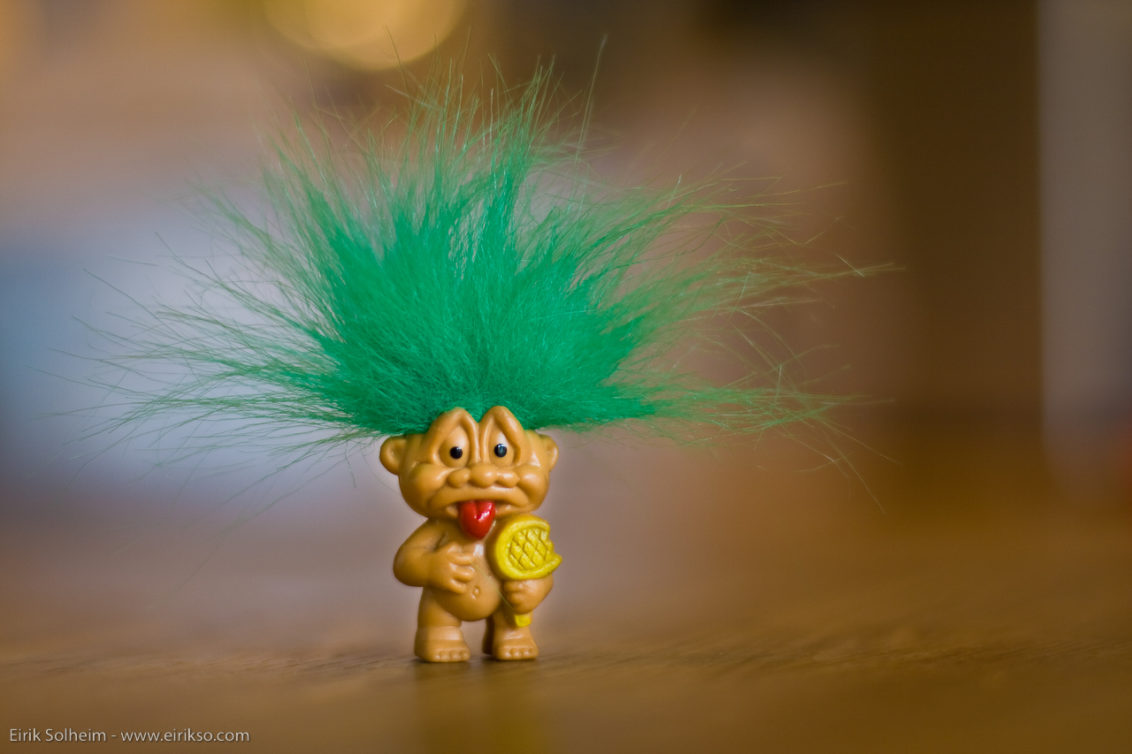Learn how to deal with the onslaught of criticism online with these tips from the experts.
BY MARISSA ROSSOUW SMIT
For traditional journalists, a manuscript with negative feedback could easily be placed in a drawer and forgotten. When posting a piece on the Internet, though, the mean critics are at the ready – in their droves.
It’s difficult enough coping with conventional criticism; how then do you deal with the onslaught of trolls, cyber bullies and self-professed experts?
-
Value your writing and worth
Clinical Psychologist and lecturer at the University of Johannesburg, Wilmien Human, says that people react differently to criticism, mostly due to their personality style and level of sensitivity.
According to Human, who specialises in the field of self-esteem, you should be confident about your work and value your worth in what you have written. In doing so you will react more positively to criticism, by being able to filter it in a constructive manner.
Careful research and fact checking will help to produce a piece that you feel confident about. By writing well and avoiding grammatical errors, you take pride in your writing, and you give the critics less ammunition.
-
Be wise, don’t personalise comments on your articles
Human points out that people tend to personalise criticism.
‘When we personalise we tend to immediately filter it as a criticism of us as a person and not as a criticism of our opinion’.
It is important to remind yourself that it is only the critic’s own projections and framework that is being voiced and that you should not take it in a personal manner.’
By using this filtering technique you are in charge of the criticism you acknowledge and that which you ignore.
News Anchor and Field Reporter for eNCA Daniella van Heerden sifts through the criticism her online posts receive and only takes note of the constructive criticism. She laughs about the rest. In a sense she depersonalises her worst critics by thinking of them as anonymous, even faceless.
Being able to reflect and establish the validity of criticism in an objective manner will definitely be constructive and to your advantage, says Human.
-
The Untouchables
Online journalism is unfortunately a field where nasty critics flourish. Their comments can even morph into full-on abuse.
Urbandictionary.com defines the act of internet trolling as “typically unleashing one or more cynical or sarcastic remarks on an innocent by-stander, because it’s the internet and, hey, you can’’.
Indeed, because you can. Trolls can often comment anonymously with no accountability, although this is slowly changing as some news sites now moderate all comments.
In the view of Human, this relates to a sense of almost being untouchable online.
‘It might also be a symptom of our social media crazed era, where it is to an extent normalised to make comments and voice your view in whichever way you want to, without being held accountable.’
Van Heerden no longer engages with cyber trolls. She believes that by reacting to their comments you are giving them exactly what they want.
She adds that if your critic is known and you are criticised in a hateful or racist manner you can lay a complaint with the Human Rights commission against him or her. If it is threatening you can also report this to the police.
However in the cyber world where identities are unknown, the sports saying that your best defence is a good offence, may be words to live by.
Read more about the topic here:
From the New York Times
http://www.nytimes.com/roomfordebate/2016/04/18/have-comment-sections-on-news-media-websites-failed
From The Guardian
About the Author














